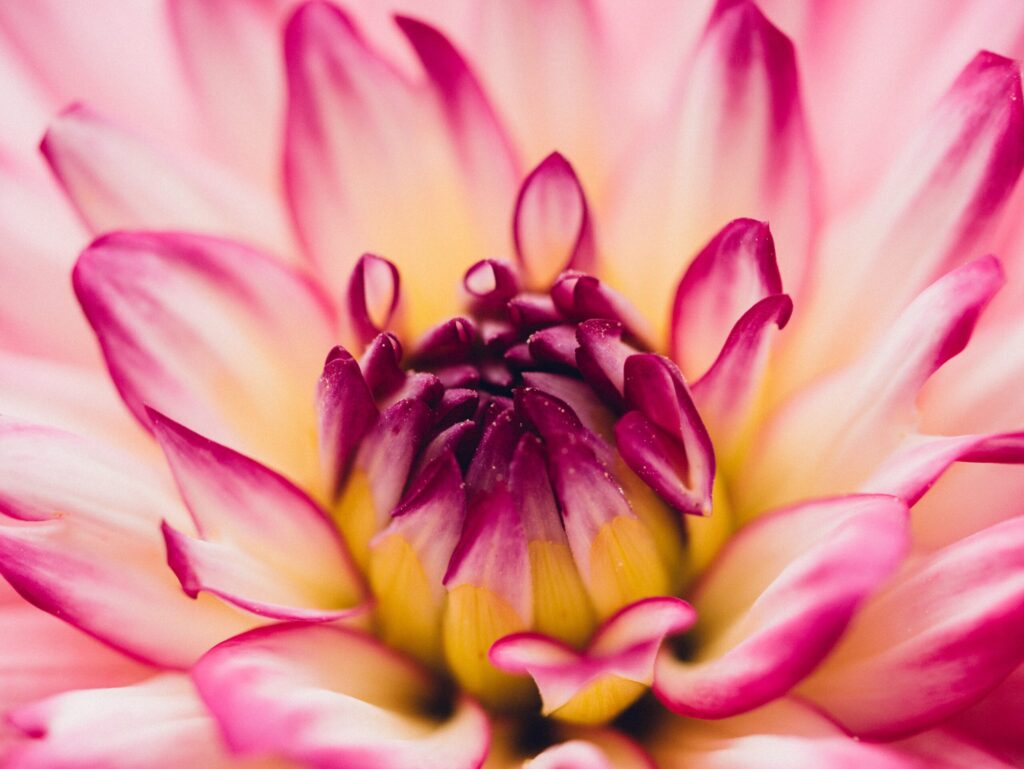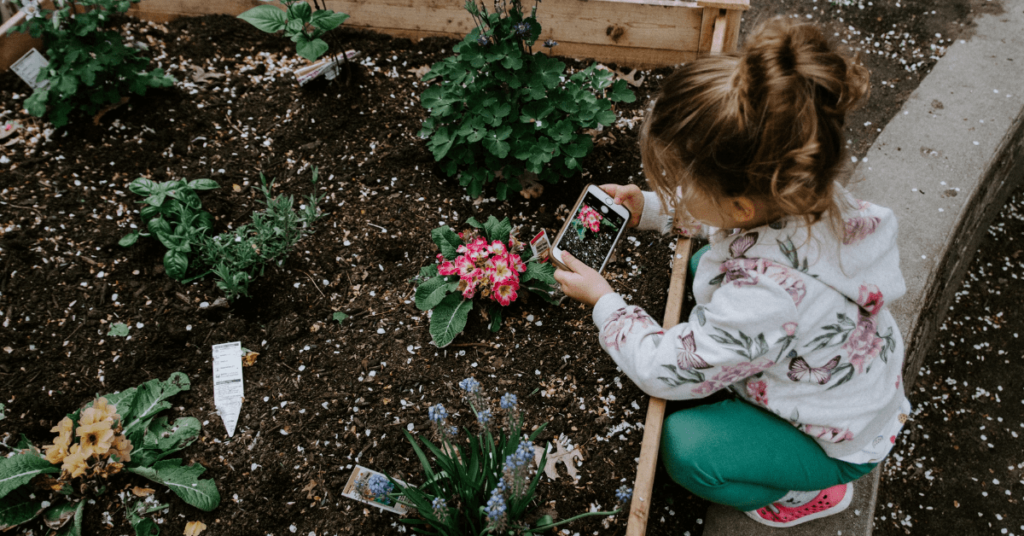This year, for the first time, I attempted to start flowers from seed. I should tell you I am not inherently a good gardener. In my household, that role belongs to my husband who can grow anything, anywhere, in any condition. Plants, whether tree or fruit or vegetable, are easy for him, as instinctual as reading is to me. But I would like to participate in the garden more, and so, I ordered flower seeds last month, hoping to fall in love with my husband’s favorite hobby.
Thus far, everything is going well. The zinnias popped right up, leggy green shoots with simple leaves. I gave up on the cosmos and bachelor buttons after a few days but to my surprise, upon returning from a trip, I noticed tiny green leaves unfurling, shyly making their way out of the dirt. My impatience had written them off. They just needed more time.
Parenting, like gardening, requires levels of patience and hope that I do not innately possess. But the metaphor is a powerful one. In her book, Beyond Deserving, psychologist Dorothy Martyn describes the family as the garden in which children are the plants. “The family, as rocky as it is, and as subject to erosion, to flood, and to the disintegrating forces of our society, is still the main garden in which the young have a chance to grow up to be sturdy in their own right.”
The gardener does not cause the flower to bloom; she can do “no more than assist in the ‘Bright Affair.’” She cannot make the plant grow into anything other than what the plant is designed to be. The gardener can provide supports and fertilizer, but ultimately, “The profound responsibility for becoming a flower lies within the flower itself. Here we are reminded that the gardener does not make the flower happen. A human creature is not ours to form as we like; this being has a great deal of independent life of its own.”

We tend to see parenting as a system that we should be able to control. We have all these inputs with which we attempt to fill our children—the right lessons, the right values, the right school, the right friends, the right moral framework—hoping to guarantee a good future, whatever that means to you. I know that when my children are having any sort of problem, the first place I go is the bookstore. I just need the right tools to get the right solution. But, the problem is that parenting is not a closed system. There are variables that are completely uncontrollable. And when the outcome does not meet our expectations, we begin to look for someone to blame. And most of the time, we blame ourselves.
Frederick Buechner wrote about his daughter’s anorexia in Telling Secrets, not about her suffering, but about his experience as her father. “I wasn’t living my own life anymore because I was so caught up in hers … I was in hell. I choose the term hell with some care. Hell is where there is no light but only darkness, and I was so caught up in my fear for her life, which had become in a way my life too, that none of the usual sources of light worked any more … ‘Perfect love casteth out fear,’ John writes (1 John 4:18), and the other side of that is that fear like mine casteth out love, even God’s love. The love I had for my daughter was lost in the anxiety I had for my daughter.”
I think his story is one all parents can relate to. Parenting is an anxiety-prone calling, even for the calmest among us. I write this the day after a school shooting just down the street from our friends’ home. I write this as my Instagram, Facebook, and Twitter feeds, my text messages and my voicemails, spill over with my friends’ concern about how to help, protect, love, and care for our children well in a world full of trouble.
Perhaps, we can find hope in a strange place. Hope is my least favorite emotion—it’s more vulnerable than anxiety and less powerful than anger. Hope requires me to hold onto something outside of myself while not having evidence of growth or change. Hope means I remember that my children are each growing in this garden and that their roots will, by God’s grace, search for water, the life-giving water of Jesus, the water that will never run dry. God has created each of us to be plants in our own right and we can trust that his love for us and our children is greater than we can ever hope. Our job is to tend our families, and to hold out hope that even when I don’t see the cosmos or snapdragons sprout, something is at work in the ground beneath us.

